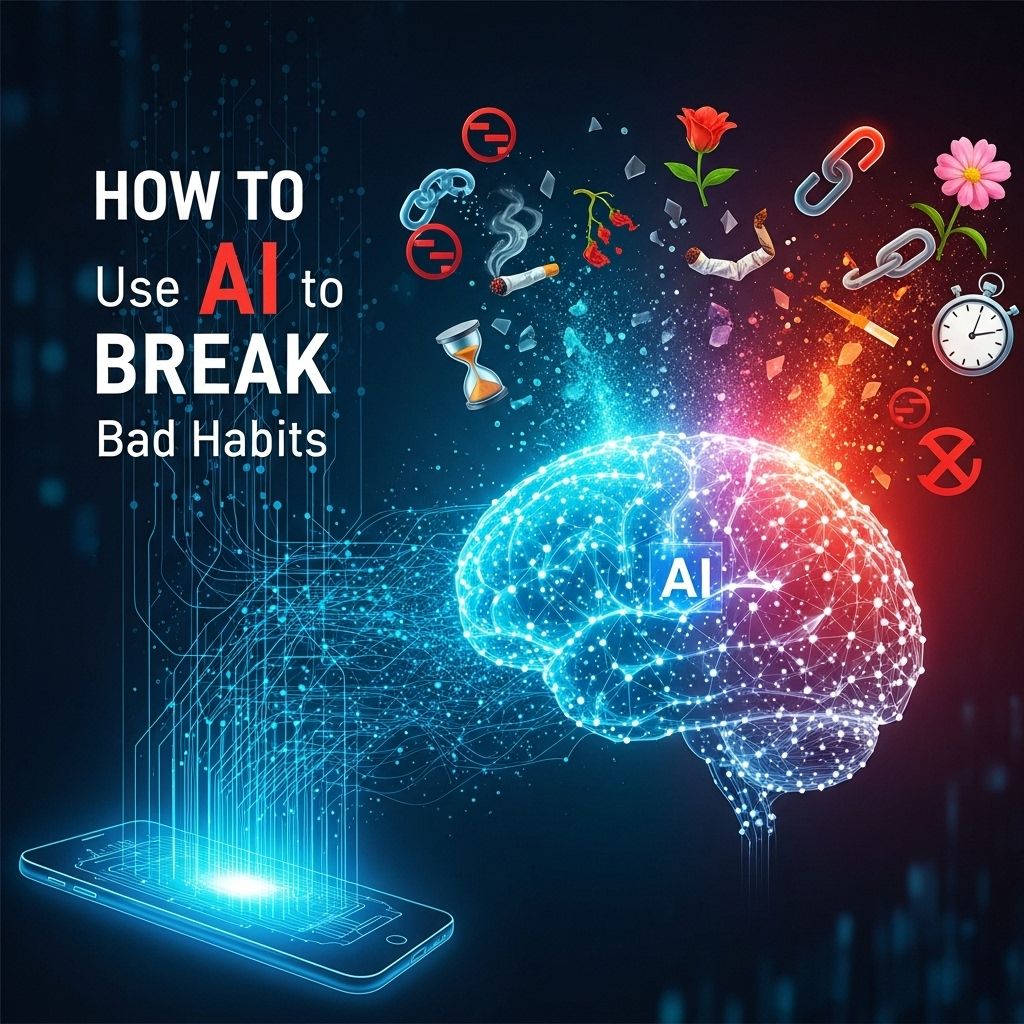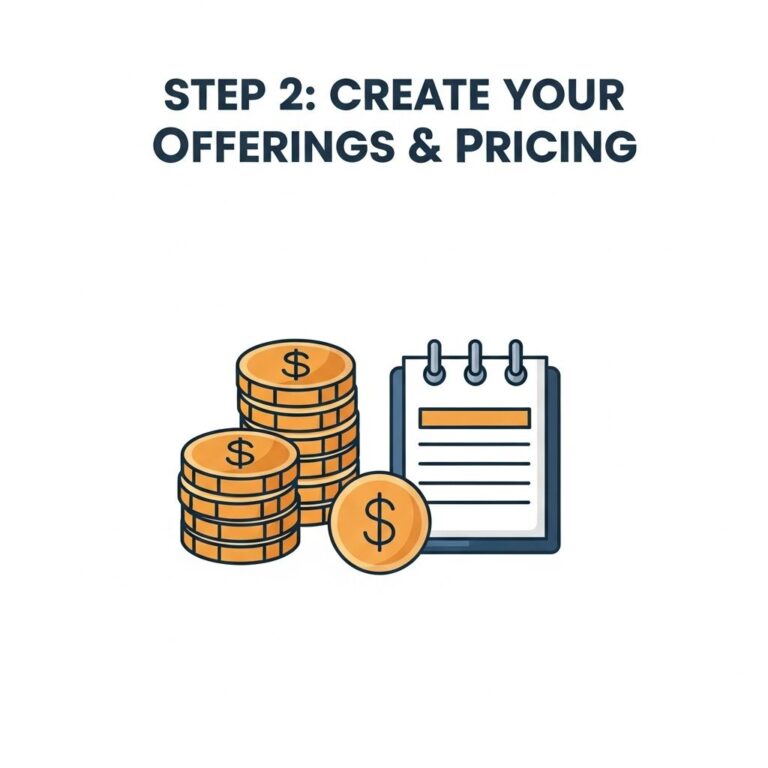Breaking bad habits can be one of the most challenging yet rewarding endeavors in anyone’s life. With the rapid development of artificial intelligence (AI), individuals now have innovative tools at their disposal to help them modify their behavior and eliminate undesired habits. This article explores various ways AI can be leveraged to break bad habits, backed by scientific research and practical applications.
Table of Contents
Understanding Bad Habits
Before diving into how AI can facilitate habit change, it’s essential to understand what constitutes a bad habit. A bad habit is a behavior that is detrimental to one’s physical, mental, or emotional health. Examples include:
- Excessive screen time
- Smoking
- Poor eating habits
- Procrastination
- Impulse shopping
The Psychology Behind Habit Formation
Habits are formed through a loop that consists of three components: the cue, the routine, and the reward. This process is often referred to as the habit loop. Understanding this loop is crucial for breaking bad habits.
Cue
The cue prompts the brain to initiate a behavior. This can be external (like seeing a cigarette) or internal (like feeling stressed).
Routine
The routine is the behavior itself, which can be physical, mental, or emotional.
Reward
The reward is what the brain gets out of the habit, reinforcing the behavior.
How AI Can Assist in Habit Modification
AI can play various roles in breaking bad habits by providing insights, reminders, and personalized feedback. Here are several ways to utilize AI effectively:
1. Habit Tracking Applications
AI-powered habit tracking apps can analyze user behavior patterns and provide tailored recommendations. Popular options include:
- Habitica: Gamifies habit tracking by turning it into a game.
- Strides: Offers robust tracking features for multiple habits.
- Coach.me: Connects users with coaches and communities.
2. Smart Reminders and Notifications
AI can help in setting effective reminders that align with an individual’s schedule and lifestyle. For instance:
- Using location-based reminders to prompt users to avoid triggers.
- Setting motivational quotes or success stories at specific times of the day.
3. Personalized Feedback and Insights
Data analysis is one of AI’s strengths. By analyzing user data, AI can:
- Identify patterns that lead to bad habits.
- Offer insights on when and why habits are practiced.
- Suggest alternative, healthier routines based on historical data.
4. Virtual Coaching
AI-driven virtual coaches can provide personalized support through chat interfaces. These coaches can:
- Offer encouragement and motivation.
- Help set achievable goals.
- Provide constructive feedback on progress.
Case Studies: Success Stories
Numerous individuals have successfully utilized AI tools to break their bad habits. Here are a couple of inspiring examples:
Case Study 1: Sarah’s Smoking Cessation Journey
Sarah, a 30-year-old graphic designer, struggled with smoking for over a decade. After downloading an AI-powered quitting app, she was able to:
- Track her smoking habits and triggers.
- Receive personalized reminders during high-risk moments.
- Connect with a supportive online community.
Within six months, Sarah had successfully quit smoking, crediting the app’s AI features for her achievement.
Case Study 2: Mike’s Weight Loss Transformation
Mike, a 45-year-old office worker, wanted to break his unhealthy eating habits, which included late-night snacks and fast food. By using an AI nutrition app, he managed to:
- Log his meals effortlessly through voice recognition.
- Receive personalized meal plans based on his preferences.
- Track his progress towards achieving a healthier weight.
Mike lost 30 pounds in just three months and felt more energetic and confident.
Potential Barriers and Considerations
While AI offers numerous advantages in habit modification, there are some potential barriers to consider:
Data Privacy Concerns
Many AI applications require access to personal data. Users must be aware of privacy settings and choose tools that ensure data security.
Over-Reliance on Technology
While technology can be helpful, it’s crucial not to become overly reliant on AI. Developing self-discipline and willpower is equally important.
Costs
Some AI tools may come with subscription fees. Users should weigh the benefits against the potential costs.
Conclusion
Breaking bad habits is a journey that requires commitment, self-awareness, and the right tools. AI presents innovative solutions to help individuals analyze their behaviors, receive personalized feedback, and stay motivated. By leveraging AI technology, anyone can take significant steps toward breaking free from their bad habits and embracing a healthier, more fulfilling lifestyle.
FAQ
How can AI help me break bad habits?
AI can analyze your behavior patterns and provide personalized insights and recommendations to help you identify triggers and develop healthier habits.
What are some AI tools for habit tracking?
There are several AI-driven habit tracking apps available, such as Habitica, Coach.me, and Fabulous, which offer features like reminders, analytics, and community support.
Can AI provide motivation to overcome bad habits?
Yes, AI can deliver motivational messages, set achievable goals, and create accountability through reminders and progress tracking, helping you stay focused.
Is it effective to use AI for habit change?
Research suggests that AI can be effective for habit change by providing tailored feedback and encouraging positive reinforcement, making the process more engaging.
How do I choose the right AI tool for breaking bad habits?
Consider your specific needs, such as the type of habit you want to change, desired features (like gamification or social support), and user reviews to find the best fit.
Can AI replace professional help for breaking bad habits?
While AI tools can be helpful, they should complement, not replace, professional advice, especially for deeper psychological issues related to habit formation.









